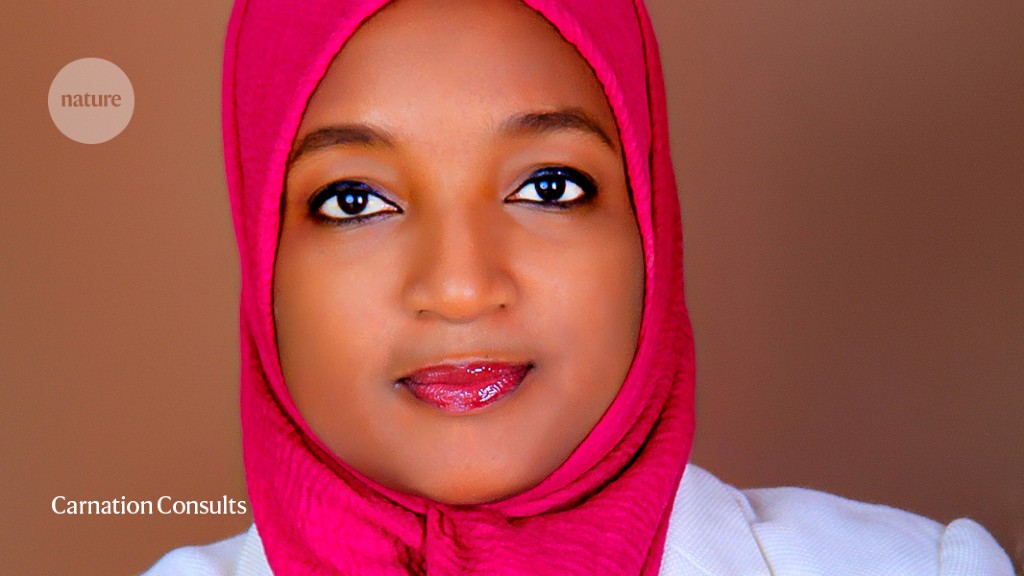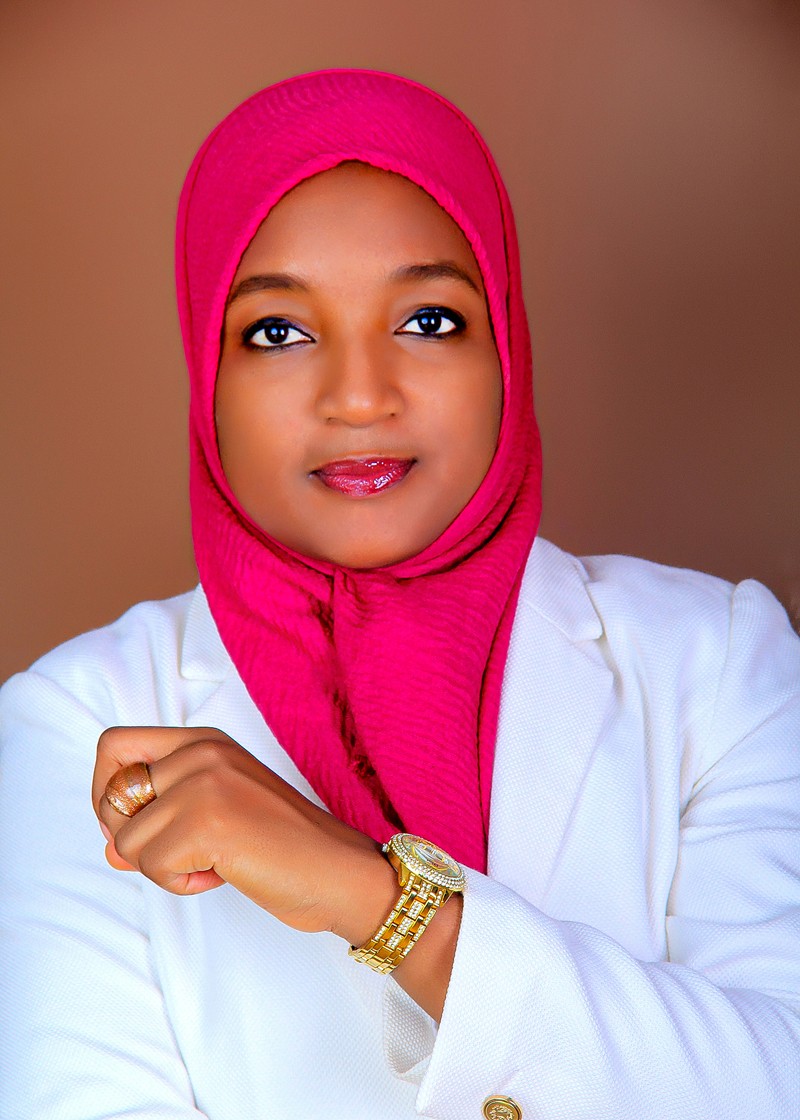By the time I was finishing my master’s degree in microbiology at Ahmadu Bello University in Zaria, Nigeria, in 2007, I was married and had had my first child. That’s when it hit me that it was going to be difficult to be a researcher and a wife and a mother.
In my experience as an African woman, your first responsibility is to be a mother. Anything else beyond that? Well, good luck to you, even if you have an understanding partner. The domestic and childcare chores rest 100% on the mothers’ shoulders — that is just the norm in our society. As a researcher, your career path is already more difficult and resource-limited than a man’s. You need some basic level of superhero skills.
When I went to the University of Nottingham, UK, to do my PhD in 2013, I brought my three children under the age of seven with me. It was hectic — there’s no other word for it — but they also brought me joy. My husband visited as much as he could and he supported us financially, which allowed me to pay for childcare. That was the only way it was doable.
When I returned to Nigeria, I became a lecturer, teaching courses and advising students. I’m also expected to conduct research that has value to our immediate community. My research is focused on producing industrial chemicals and fuels using microorganisms. I do have a research group of students, but there’s no research funding allocated by the university. If you are extremely lucky, you might get a government research grant through the university of about US$2,000. There are not that many grants and there is a lot of competition.
What matters most for promotion is your research, even though you don’t have the resources or time for it. This is not peculiar to academia. Much of Africa is poor and battling for resources — such as health care, infrastructure and education.
We just have to make it work. We apply for grants but we also pool from our own funds. The average professor’s salary at federal universities in Nigeria is around $800 per month, and everyone of a lower rank gets less. But each person sets aside a huge chunk to fund research out of their own pocket. I might set aside $2,000 for the year, a master’s student might set aside $200–300 and an undergraduate $100–150. This money is pooled to buy shared consumables and small equipment.
We collaborate extensively, partnering with colleagues in the engineering department to share equipment. We cannot afford basic microbiology equipment such as a large shaking incubator, which costs more than two years of my salary, so we fabricate what we can locally. And then we standardize that equipment so that quality controls are in place.
The research is not as in-depth or impactful as we’d like it to be — as we know we could make it. We do all this because we want to publish in Scopus-indexed journals. The cost of publication is another barrier. So we submit to free or open-access journals that don’t charge fees, but which take a long time to publish our research. It’s hectic and demoralizing, but we push on. Not happily, but willingly, we make these sacrifices to do the research.
I have published studies on food spoilage, the microbes that cause it and how to prevent it, as well as profiling the microbial community of a mining site using metagenomics tools. I am particularly proud of that last one. It’s the kind of research we can do, but we can’t do much of it.
The university sits on land where there’s no shortage of biomass material, which we could use to make biofuels. But the initial set-up to produce biofuels costs a lot. We applied for one government grant and were unsuccessful, but we’ll keep trying.
Many people in Nigeria are afraid for their own safety amid continuing violent crimes and kidnappings. The universities do whatever they can to increase security by investing in security guards and installing cameras in strategic areas on campus. We don’t leave work late, we avoid isolated places and mostly we pray a lot.
Nigeria has a severe unemployment problem amoung young people. I tell students in STEM to learn digital-technology skills to increase their chances. If they want to continue to an advanced degree in STEM, I suggest they do as many internships as possible in related areas to improve their chances of getting a scholarship to study abroad or here.
Being a woman in STEM in my part of Africa is daunting. I sometimes work 12-hour days for weeks at a time. When I come home at 6 p.m. or 7 p.m., I still have to cook dinner, help my children with their homework and prepare them for bed. I’m lucky to have a supportive husband who partakes in caring for our kids. Still, I rarely have the 20 extra hours or more that is needed to devote to a grant application. Who has time for attending conferences or writing papers? It’s a zero-sum game: the more time you spend on domestic chores, the less time you spend on your career. All of this perpetuates the perception that women are incapable or incompetent, and that’s just not true.
The burden is uniquely higher for mothers in more traditional societies. We literally spend our whole lives working hard, but I can’t put raising four kids on my CV and get credit for it.
The academic job is still wonderful. In my opinion, there is nothing else that has such a direct role in shaping tomorrow. It’s extra rewarding to have those eureka moments in the laboratory. My children have this love for science — my daughter has just won a primary-school award for the ‘scientists of the future’. So yes, it’s worth it.
This interview has been edited for length and clarity.






More News
Could bird flu in cows lead to a human outbreak? Slow response worries scientists
US halts funding to controversial virus-hunting group: what researchers think
How high-fat diets feed breast cancer